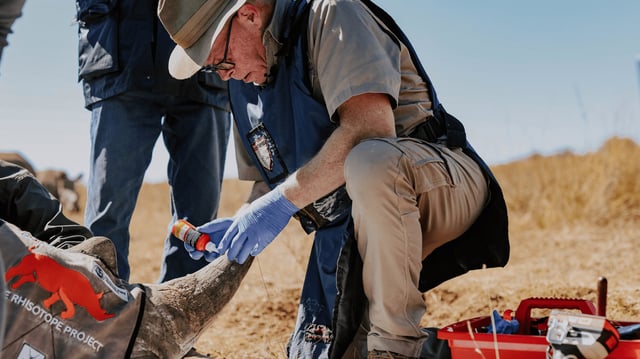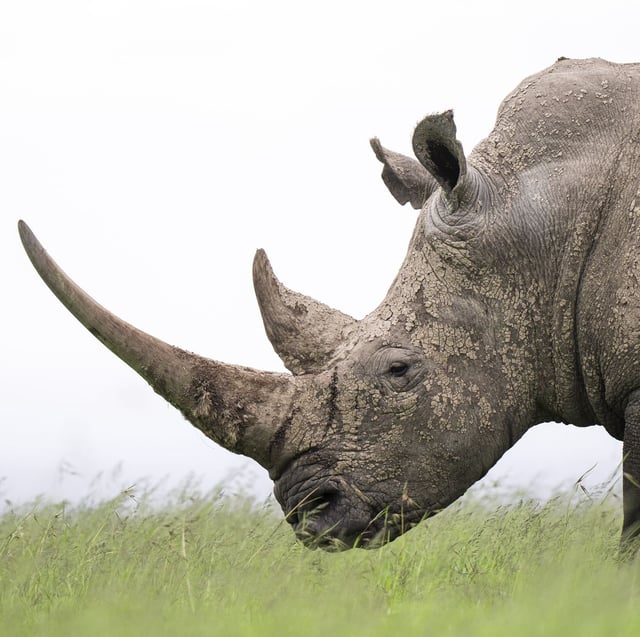Overview
- The initiative has moved into full operational mode across South Africa, enabling nationwide enrollment of rhinos for non-lethal isotope embedding.
- Six-month trials with twenty rhinos at Waterberg Biosphere Reserve showed no adverse health effects in blood tests and biological dosimetry.
- Treated horns consistently trigger alarms on over 11,000 IAEA-linked portal monitors at airports, harbors, and cargo terminals.
- Organizers aim to devalue horns in illegal markets and bolster anti-trafficking prosecutions through enhanced detectability.
- Project leaders plan to adapt the radio-labeling technique for other endangered species targeted by poaching, including elephants and pangolins.

